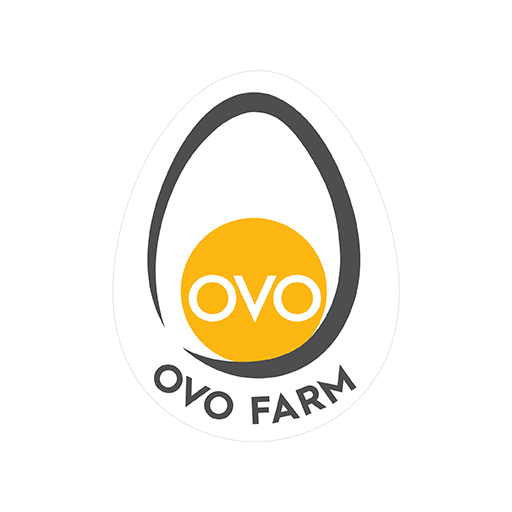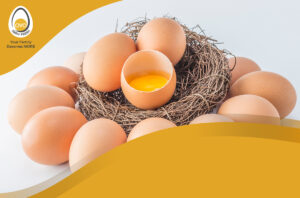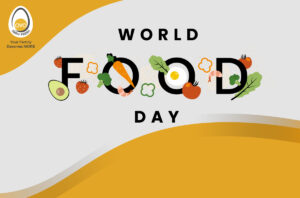Protein is a macronutrient that works within every cell of the body. It is required for muscle development and regulating body tissues and organs. A chain of amino acids forms the building blocks of proteins. The human body needs to consume a sufficient amount of proteins (usually 1gm per 1kg body weight) on a daily basis, lacking which may cause several health complications. With proteins everywhere and in almost everything, it’s hard to believe that protein deficiency would be a concern. However, that is not the case in India with every 9 in 10 people consuming an inadequate amount of proteins in their regular diet as per a study by ‘A General Consumer Survey (PRODIGY)’.
What are the symptoms of Protein Deficiency?
Many people in India do not have access to a balanced diet. In fact, 73% of Indians are deficient in protein intake while more than 90% are unaware of the daily requirement of protein. There are a number of myths surrounding protein consumption which has led to many misconceptions.
A protein deficit human body reacts to the insufficiency in many physical abnormalities.
- Swelling: Proteins in the body prevent fluid buildup in our tissues. Shortage of proteins causes edema/swelling, especially in the abdomen, hands, feet and legs.
- Unhealthy hair, skin and nails: A fact unknown to many is that our hair, skin and nails are made up of proteins such as elastin, collagen and keratin. Lack of sufficient protein intake leads to brittleness of nails, flaking skin and thinning hair.
- Weakness and Fatigue: Lack of proteins causes a chain reaction in the body where you lose your muscle mass, cutting your strength and slowing your metabolism which in turn leads to anemia.
- Slow healing injuries: Lack of proteins means lack of collagen which is necessary to speed up the healing process of the body. t
- Staying sick: We need proteins to digest and absorb other nutrients and the dearth of proteins in the body results in less active white blood cells making us prone to frequent sickness.
The Current Scenario
As per an IMRB survey, about 73% of the urban rich in India is protein deficient. Major cities having the highest percentage of the protein-deficient population in the country are Lucknow (90%), Chennai & Ahmedabad (84%), Vijayawada (72%), and Mumbai (70%) followed by Kolkata (43%).
It is very alarming to know that approximately 62% of lactating mothers face protein deficiency and working-class women are found to be 70%-80% protein deficient as per the TOI.
Even among the well-off population in urban India, the problem of protein deficiency prevails due to unhinged myths. 73% consume a diet that is lacking in proteins, 93% are unaware of the ideal protein intake, and 84% believe that vegetarian intake is sufficient for proteins, 65% of the non-vegetarian diet is lacking in proteins and 97% of the pregnant women are not aware of their protein needs.
As a result of the IMRB survey, 53% of people rated proteins as the most essential nutrient for their health benefits, but only one-third of them believed that lack of proteins can lead to weakness and fatigue.
Myths surrounding Protein Intake
Unhinged myths are the main reason behind the number of cases of protein deficiency in India.
70% of pregnant and lactating women believe that proteins are easily available in fruits and vegetables. They may be partially right, but what they don’t know is that the proteins from fruits and veggies are not easily digestible. In fact, proteins from eggs are far more easily digestible than proteins from an apple.
73% of the urban Indians assume that leafy vegetables are a good source of protein. The truth, however, is far from this as leafy greens may be rich in vitamins and minerals but are low in protein content.
20% of people believe that proteins are bad for health. These people need to be educated on the innumerable health benefits of proteins.
Many people also wrongfully believe that proteins lead to weight loss and consume artificial proteins which are not easily absorbed by the body.
Good Sources of Proteins
Among the protein-rich foods are lentils, pulses, grains, and vegetables. Dairy products such as milk, curd, and yogurt are rich in proteins and can easily replenish your protein requirements. Soya beans and eggs rate amongst the best source of proteins in nature.
So the next time you feel stiff or lethargic, get a pack of fresh OVO Farm Eggs which are 20% bigger in size and full of proteins and nutrients that give you more health and more nutrition because your family deserves more!








